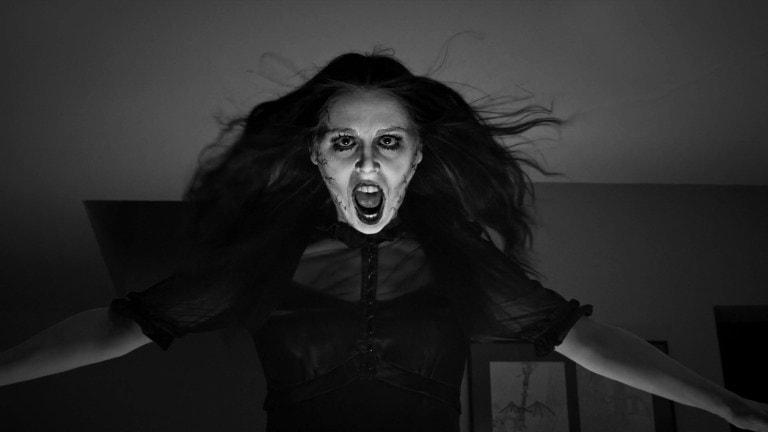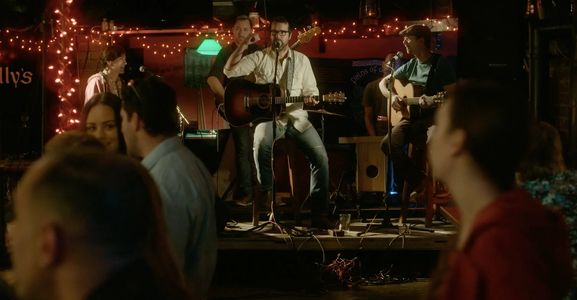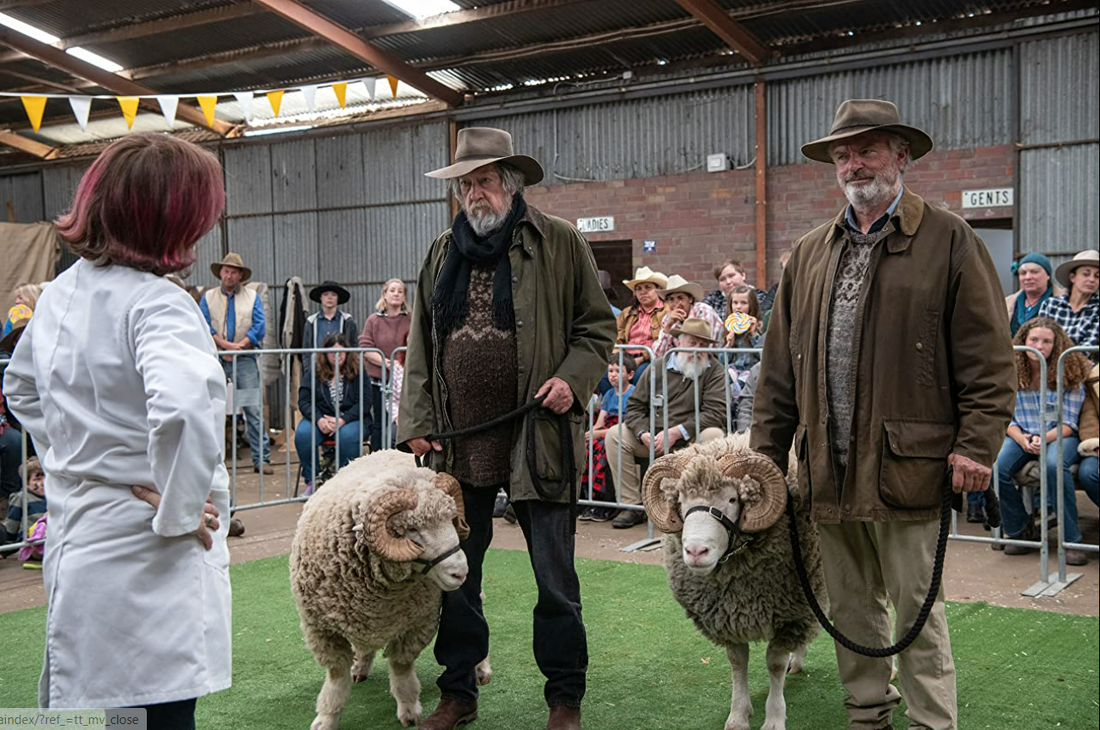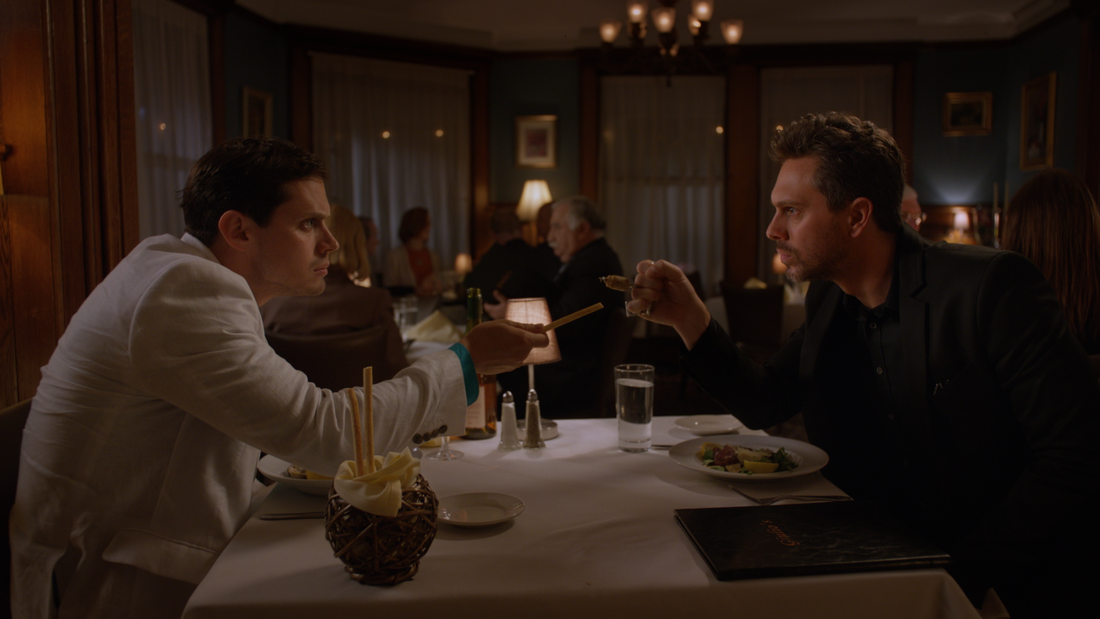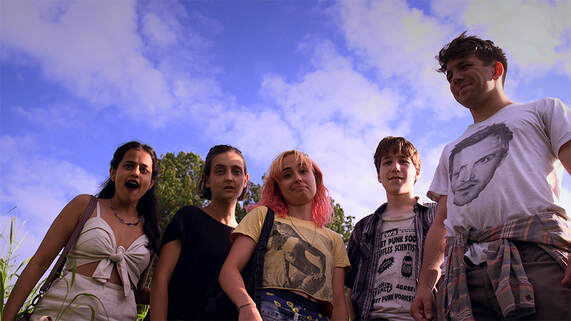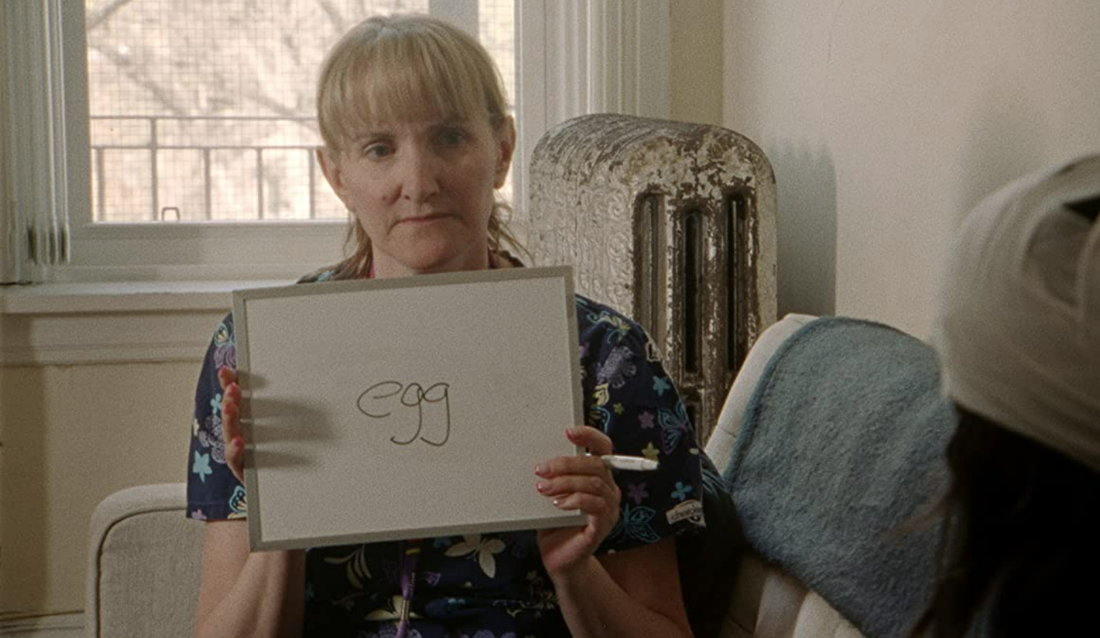|
Originally posted on Elements of Madness. Storytelling is essential. It’s one of the easiest ways to communicate our values, express our beliefs, and process our experiences. Even our 280-character tweets are a form of storytelling, and many of us couldn’t make it a single day without a little micro-storytelling on social media. While it’s natural for us to jump into a detailed account of our own experiences, it’s not as natural to stop and listen to a different perspective. Movies and TV shows can give us the opportunity to explore other perspectives by replaying the same event from different points of view, the results of which can be comedic, horrific, or totally mind-blowing. In the case of The Get Together, we get to experience a Friday night party from the perspective of four very different twenty-somethings: an outcast who wasn’t really invited, a nervous guy trying to plan the perfect proposal, a career-driven student who returns to her hometown for the first time in months, and a wannabe musician who’s wondering if his dreams might be too big.
0 Comments
Originally published on Elements of Madness. Adam Stovall’s micro-budget flick, A Ghost Waits, makes a pretty convincing argument that romance and horror can work really well together. Stovall doesn’t simply juxtapose the genres or jump back and forth between sweet and horrific moments. Instead, he takes the time to explore the space in which romance and horror overlap. Most of A Ghost Waits is simply a fun and easy-going good time that doesn’t require you to think too much, but it’s also got a handful of breathtaking shots that will send chills down your spine (and it’s impossible to tell if those chills are the result of horror or romance). This surprising genre mashup makes the most of its limited resources, showing that craftsmanship and technique can go a long way when it comes to movie making.
Jack (MacLeod Andrews) is a handyman for a property management company. He’s pretty lonely (a fact made obvious by how much he talks to himself) and devastatingly underappreciated by his boss and friends. While working on repairs for a rental house, he quickly discovers why all the former tenants left so suddenly. The house is haunted by a self-confident, no-nonsense ghost named Muriel (Natalie Walker). For years, it’s been Muriel’s job as a “spectral agent” to scare away every single person who moves into “her” house. While Jack has pretty much the opposite job (to fix up the house so that more people can move in), the unlikely duo quickly form a bond. Of course, that bond is tested as it’s stretched between the world of the living and the world of the dead, and a good-old-fashioned lover’s dilemma ensues. Simply put, The Independents is about three guys, a van, and some jams. That tells you just about all there is to know about the content of this little indie film, but it doesn’t account for the experience of watching it or the incredible way that this flick establishes a nostalgic, comfortable tone. The Independents stars Rich Price, Greg Naughton, and Brian Chartrand, real-life band members of The Sweet Remains, who play fictionalized versions of themselves. Loosely based on their actual interactions and experiences, The Independents tells the story of three down-and-out artists who happen to meet at a time in their lives when they need to make music more than ever before. As you might expect, this road-trip band fantasy movie is filled with musical montages, crowded bars, shared joints, and even a grandiose monologue delivered on a hilltop overlooking LA. More than anything, however, The Independents is about capturing a certain mood, like a glossy motion-picture scrapbook of the band’s favorite memories.
Originally published on Elements of Madness Director Jeremy Sims brings together the talents of Sam Neill, Michael Caton, and Miranda Richardson in Rams, his English-language remake of the 2015 Icelandic film, Hrútar. Rams centers around feuding brothers Colin and Les Grimurson (Neill and Caton, respectively), who have been engaged in a silent-treatment standoff for decades as they keep separate flocks of sheep on opposite sides of their family land. After Les wins the local ram judging contest, Colin and the local vet, Kat (Richardson), make a life-altering discovery. Les’s prize-winning ram is infected with Ovine Johne’s disease, a deadly bacterial disease that could easily wipe out all the local herds. The community’s agricultural department orders all farmers in the area to eliminate their flocks and undergo extreme decontamination procedures, effectively destroying the town’s main source of income. While Les responds by lashing out in drunken rages, Colin devises a secret plan to hold on to his family’s specially bred sheep for a little while longer. At the risk of losing the things they love most, Colin and Les must figure out how to reconcile their differences in the face of unexpected changes and grief.
The tagline for The Mimic, “the lighter side of being a sociopath,” boasts an intriguing story for anyone interested in representations of mental illness on screen. While this dark comedy from writer/director Thomas F. Mazziotti is not quite the informative and mental health-positive flick you might expect, The Mimic still has several interesting stylistic tidbits to offer. The story’s self-proclaimed narrator (Thomas Sadoski) is a brooding screenwriter and widower who becomes suspicious of the new guy in his neighborhood, referred to as “The Kid” (Jake Robinson). After both men attend a meeting for the community newspaper, The Kid starts following The Narrator around everywhere and popping up in the most unlikely places, leading The Narrator to believe that this unwanted “mimic” is a certified sociopath. However, The Narrator is also pining after The Kid’s young wife, who is characterized as a beauty so perfect that she cannot be shown on screen. As The Narrator takes a deep dive into obsessive research on sociopaths and even begins writing a screenplay about The Kid, it’s hard to tell if he is being stalked by his overeager new neighbor or if The Narrator is turning into a stalker himself. With dark humor and an obscure style, The Mimic is an off-beat, self-referential buddy comedy that touches on psychology and interpersonal relationships.
Originally Published on Elements of Madness 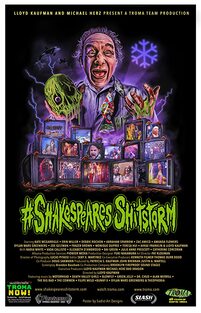 Over twenty years after his first experimental Shakespeare film adaptation, Tromeo and Juliet (1996), Lloyd Kaufman and the team at Troma Entertainment have released yet another irreverent and outlandish adaptation with #ShakespearesShitstorm, a wacky musical-comedy and gross-out fest based on The Tempest. Featured at the virtual Fantasia Film Festival this year, Kaufman’s unconventional take on The Bard not only translates Shakespeare for a contemporary audience but also strips it of all its academic pretension and fills it with unapologetic vulgarity. Kaufman’s film whirls through the story of The Tempest in a constant state of orgiastic frenzy and revels in images that you might not want to see more than once, pushing the limits of what is acceptable and necessary to show on screen. #ShakespearesShitstorm, while not for everyone, has the makings of a cult film that just might find its place among a select audience of contemporary Shakespeare lovers who also appreciate a crazy time at the cinema. Originally published on Elements of Madness 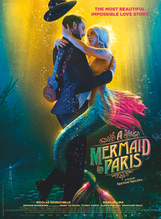 Multi-talented writer and director Mathias Malzieu, who is known for his success as a novelist and musician as well as filmmaker, returns to this year’s virtual Fantasia Film Festival with a delightful grown-up fairytale. Malzieu’s previous animated film, Jack and the Cuckoo-Clock Heart, which he co-directed with Stéphane Berla, was featured at the festival in 2014. This year, his live action A Mermaid in Paris captures the charm and adventurousness of an animated feature and recalls the hopeful optimism of childhood with a romantic fantasy story. The film’s plot is unashamedly straightforward and simple, borrowing from familiar mermaid mythology and popular romance movie formulas, but it places this tale on a fantastical and colorful backdrop that makes the predictable story seem fresh and heartfelt. Originally published on Elements of Madness 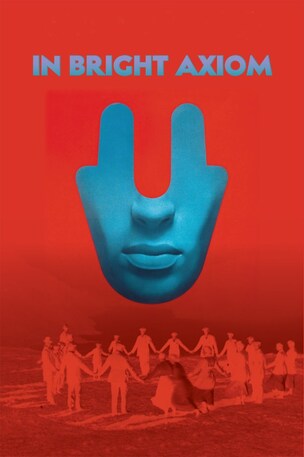 If you spend time with kids on a regular basis, then at some point you’ve probably been asked to play a confusing game with vague rules and unclear objectives that the kids invented themselves. It might be a live-action-role-playing-game that ineffectively combines mythology from a smorgasbord of fairy tales and video games, or perhaps a board game where the rules change every five minutes depending on whether the young game-maker is in the lead. Of course, we don’t expect children to meticulously plan out alternate worlds with consistent themes, and their creativity is endearing, even if we are subjected to hours of games that make absolutely no sense. But now, imagine that the neighborhood kids made a documentary explaining a game that they invented together. They haven’t quite agreed on the rules yet, and each kid has a totally different vision for the game, yet they have decided to make a film explaining it. If you can imagine this sort of film, filled with interviews from people who all have different ideas about the same game, then you’ll know what to expect from In Bright Axiom. Directed by Spencer McCall, this ambitious documentary explores the strange and experimental Latitude Society, an artistic project that was part spiritual group and part live-action-role-playing-game. If you don’t have background knowledge about the project, however, In Bright Axiom will send you into a hole of internet research as you try to make sense of its absurd details. Teen comedy “CRSHD” is a fun and colorful take on coming-of-age in the social media generation6/24/2020 Originally published on Elements of Madness From Rebel Without a Cause (1955) to The Breakfast Club (1985) to Lady Bird (2017), each generation has its special coming-of-age films that it can claim as its own. These are the movies grounded in a cultural milieu that take us back to a certain time and place with a nostalgic soundtrack, dated fashion trends, and short-lived catchphrases. As new generations emerge with their own lingo, music, technology, and psychological baggage, filmmakers always seem to find fresh new soil for exploring timeless themes about growing up. Writer and director Emily Cohn has certainly created an exciting new take on those themes with her feature debut, CRSHD, which premiered at the 2019 Tribeca Film Festival. In CRSHD, Cohn dives headfirst into the world of social media to reexamine the troubles and triumphs of the young adult years.
Originally Published on Elements of Madness The Slamdance Film Festival, which runs at the same time and in the same city as the more widely known Sundance Film Festival, gives new and aspiring filmmakers the chance to showcase their work in front of other industry professionals. With independent and low-budget films in the lineup, Slamdance has served as a starting point for many filmmakers who later went on to find immense success, including Christopher Nolan, Ari Aster, and recent Oscar-winning director Bong Joon-Ho (Parasite). Among the films presented this year was Tapeworm, the feature debut of co-directors Milos Mitrovic and Fabian Velasco. The Canadian filmmaking duo has worked together before on short films like Imitations, which premiered at the Toronto International Film Festival in 2016. Collaborating again to write and direct, with Mitrovic acting as well, the two strike just the right tone with Tapeworm, a gritty and awkward comedy that turns life’s most ordinary and embarrassing moments into captivating vignettes.
|
"Our embodied spectator, possibly perverse in her fantasies and diverse in her experience, possesses agency...finally, she must now be held accountable for it." Categories
All
|


